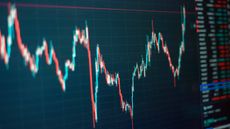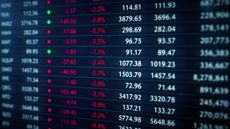Bear Markets: 8 Facts You Need to Know
All three major indexes are now in a bear market. And while bear markets can be terrifying, they're normal, inevitable and – most importantly – don't last forever.
- (opens in new tab)
- (opens in new tab)
- (opens in new tab)
- Newsletter sign up Newsletter


The blue-chip Dow Jones Industrial Average was the last of the major indexes to fall into a bear market in 2022, but after a long holdout it finally succumbed in September.
Few things are scarier for equity investors than a bear market. Yet steep and sustained drawdowns in stocks are an absolute fact of investing life. Markets go through cycles; always have, always will.
It's also true that despite being inevitable and unpleasant, bear markets are not entirely all bad. An irony of bear markets is that they're one of the exceedingly rare times when long-term retail investors can actually have an advantage over the pros.
Traders and tacticians are under constant pressure to do something, even as a receding tide lowers all boats. Contrast that with retail investors, who are luxuriously free from clients yelling at them all day. Normies can just sit back and dollar-cost average into stocks at increasingly cheaper prices.
Most importantly, a patient long-term investor who is diversified in accordance with his or her age, stage in life and risk tolerance can not only wait out a bear market, but profit from it. Remember: The market can be miserable at times, but its long-term trend is always to the up and right.
Folks are understandably focused on inflation, rising interest rates and the possibility of recession. But a familiarity with the basics of bear markets should help investors better cope with the current one. To that end, we've compiled the following eight facts you must know about bear markets.
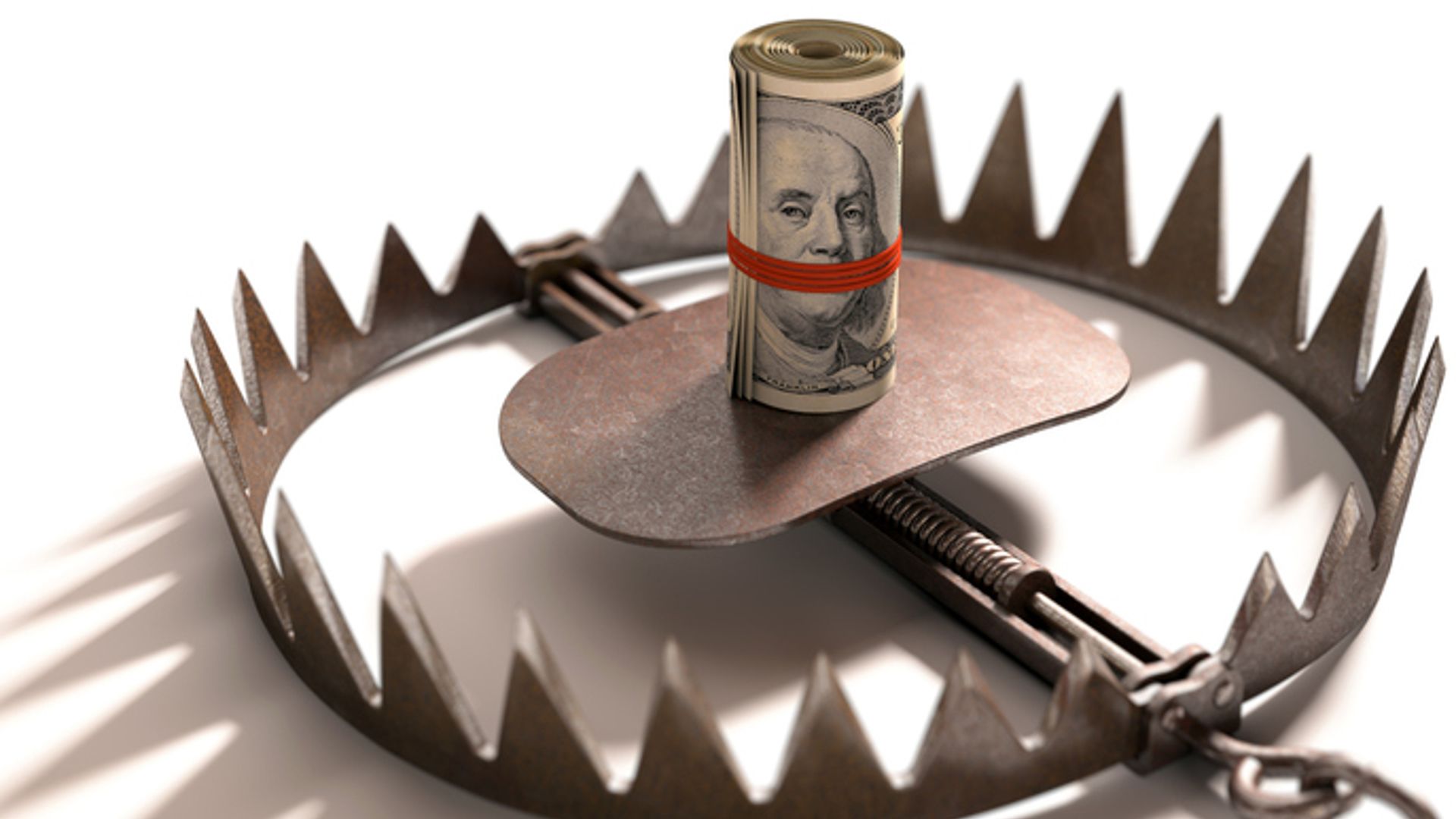
Why Is It Called a Bear Market?
It has nothing to do with the way bears sneak up on their prey and attack suddenly, in the same way that bear markets feast on investors. Neither is it because bears are notorious for ransacking campsites and stealing provisions, in the same way bear markets can destroy your financial well-being.
Though both would be fitting.
Believe it or not, the term "bear market" originates with pioneer bearskin traders. The country's early traders would sell skins they'd not yet received – or paid for. Because the traders hoped to buy the fur from trappers at a lower price than what they'd sold it for, "bears" became synonymous with a declining market.
There is, however, an alternative explanation, according to Wall Street lore: A bear attacks by swiping its claws downward, similar to the downward trend of a declining market.
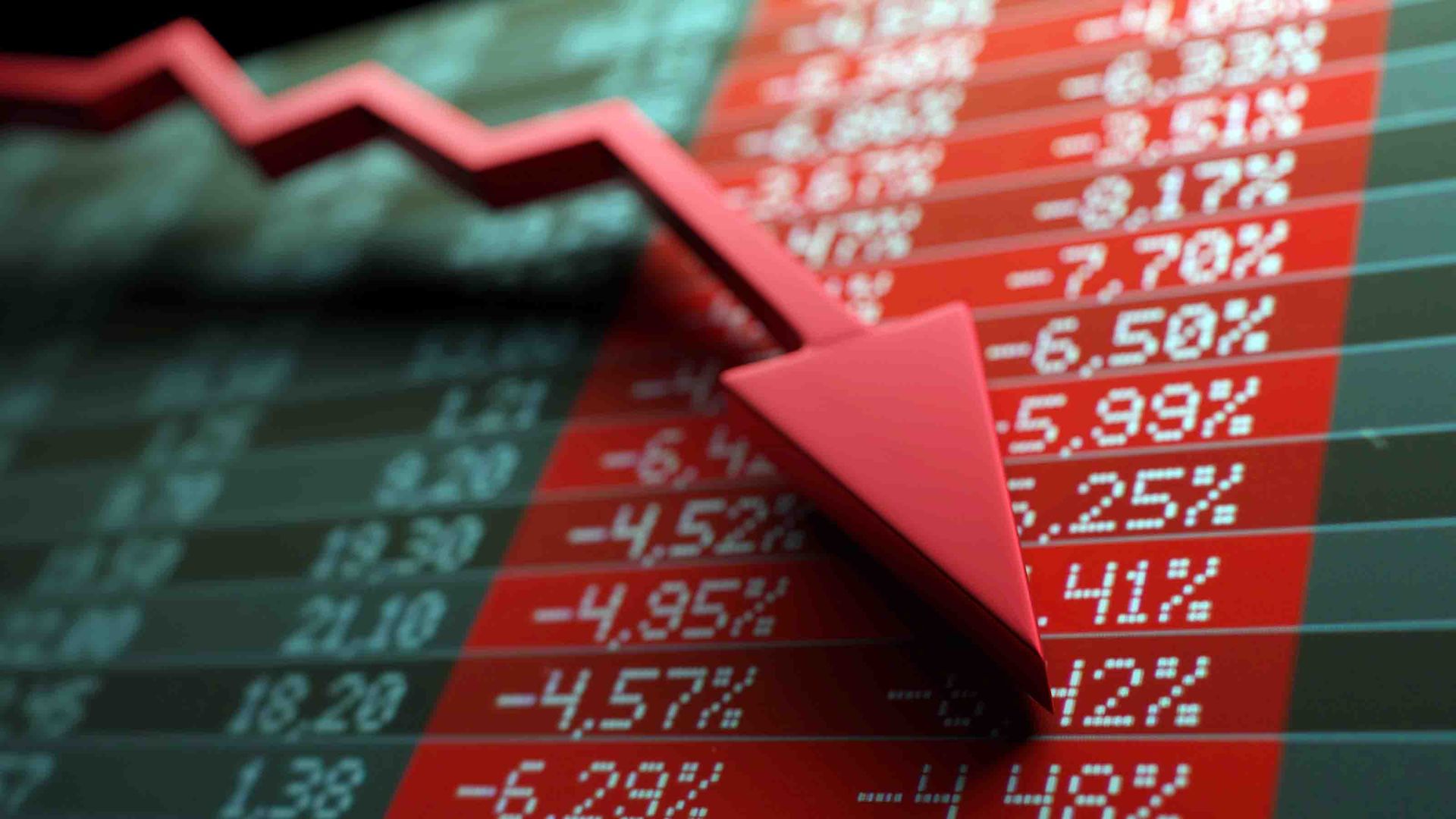
What Is a Bear Market, Anyway?
First, let's look at what a bear market is not.
It's not when stock prices end lower in the majority of trading days within a 90-day period. Neither is it a condition proclaimed by the National Bureau of Economic Research (opens in new tab). And it is certainly not when at least two major business publications proclaim a bear market on their magazine covers.
Rather, a bear market is when a broad market index, such as the S&P 500, falls 20% or more from its peak.
There still is some debate among market watchers about whether the downturn that lasted from July 16 to Oct. 11, 1990, was officially a bear. The S&P fell 19.9% during that period. And the 2018 correction that lopped 19.8% off the S&P 500 was within rounding distance of a bear market. Since 1929, S&P 500's average bear-market decline stands at 33.5%, according to Dow Jones Market Data. The median drawdown comes to 33.2%.

How Often Do Bear Markets Occur?
Since 1932, bear markets have occurred, on average, every 56 months (about four years and eight months), according to S&P Dow Jones Indices.
The Nasdaq Composite index entered a bear market on March 7, when it closed 20% below its Nov. 19, 2021, high. The S&P 500, for its part, entered a bear market on June 13, 2022, when it finished the session more than 20% below its Jan. 3, 2022 record close.
The Dow held out the longest, not entering a bear market until Sept. 26, 2022, when it closed below 29,439.72.

What Is Least Likely to Cause a Bear Market?
A number of events can lead to a bear market: higher interest rates, rising inflation, a sputtering economy, military conflict or geopolitical crisis are among the usual suspects. But which is the rarest?
Fortunately, military or geopolitical shocks to the market have been mostly fleeting. Two of the longest downturns followed the attack on Pearl Harbor in 1941 (308 days) and Iraq's invasion of Kuwait in 1990 (189 days).
But the average time to the market bottom after such events, which also include the terrorist attacks on the U.S. in 2001 and the North Korean missile crisis of 2017, is 21 days, with a full recovery in 45 days, on average.

Bear Markets Don't Automatically Equal Recessions
There are actually two types of bear markets: recessionary and non-recessionary.
Bear markets often precede or coincide with economic downturns, which is part of what makes them so scary. Happily, there are almost as many instances of past bear markets in which stocks tanked but the economy did not.
Since 1928, 14 bear markets heralded or happened during recessions, notes Ben Carlson, director of institutional asset management at Ritholtz Wealth Management. However, another 11 bear markets since 1928 had nothing to do with recession.
Surprise, surprise: Bear markets that occur outside of recessions tend to be shallower and shorter.
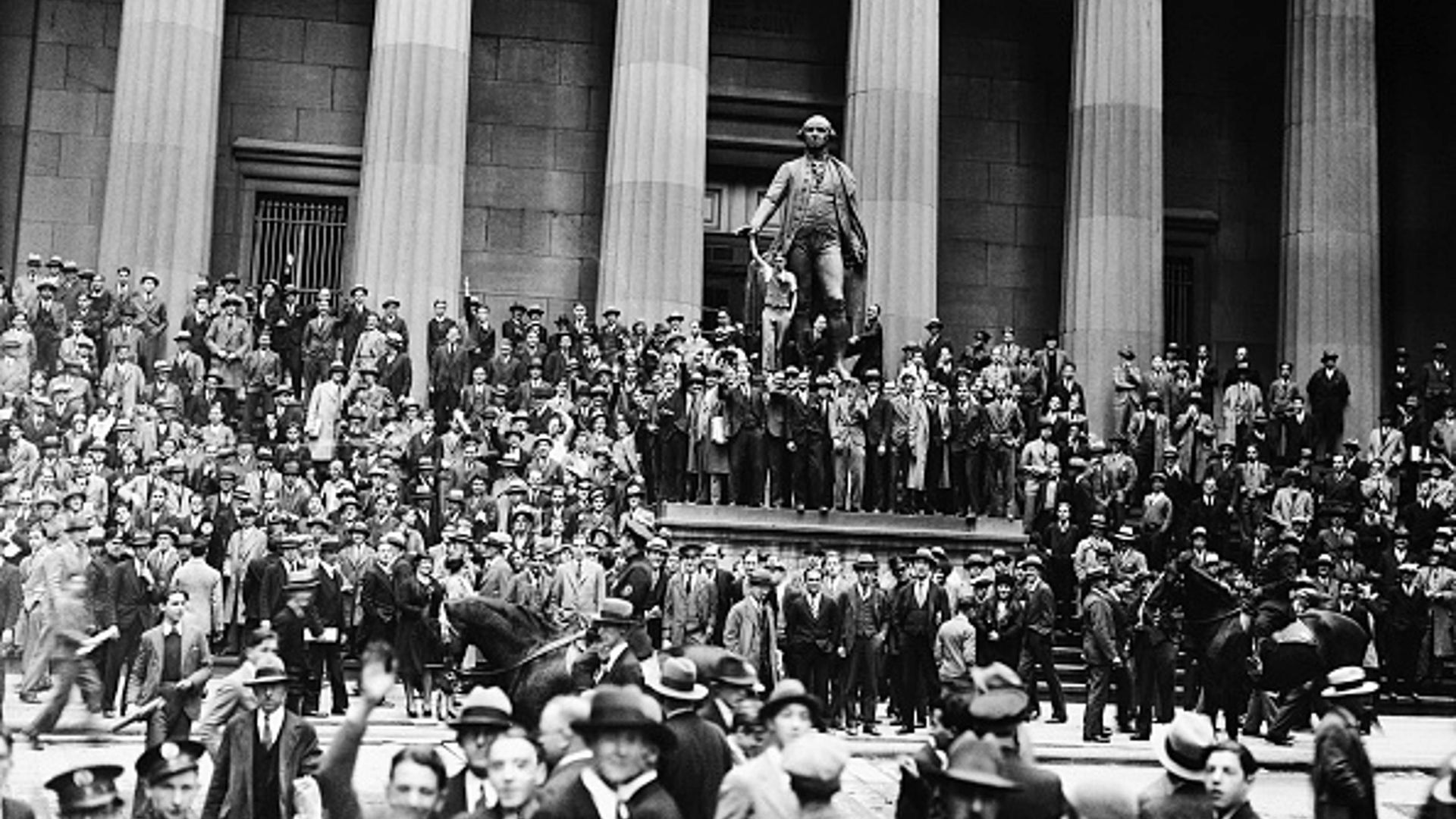
What Was the Worst Bear Market of All Time?
Contrary to popular belief, the worst bear market on record was not the 2007-09 crash when the financial crisis ushered in the Great Recession.
Neither was it the tech wreck of 2000 when dot-com stocks collapsed.
The drawn-out decline from the start of 1973 through the fall of 1974 – during which the Arab oil embargo sent oil prices soaring, the so-called Nifty-Fifty stocks sank, and Richard Nixon resigned the presidency – doesn't take the cake either.
Rather, the bear market that began just ahead of Black Monday that precipitated the Crash of 1929 was the worst one to date.
The bear market from September 1929 to June 1932 resulted in an 86.2% loss for the S&P. Those other historical examples aren't even close, with losses of 56.8% in 2007-09, 49.1% in 2000-02 and 48.2% in 1973-74.
Indeed, it took the market more than two decades to recover from the 1929-32 slump. Stocks didn't regain their prior peak until 1954.

How Long Do Bear Markets Last?
Ask a random sample of investors and some folks might guess that it's a year or less. Others will figure it's a minimum of two years. Regardless of duration, a bear market usually feels like it lasts forever.
And yet the average length of a bear market since 1929 is just 9.6 months, according to Ned Davis Research (opens in new tab). True, those months will be agonizing, but consider the bright side: bears don't live as long as bulls. Indeed, since 1929, the average lifespan of a bull market is 2.7 years.
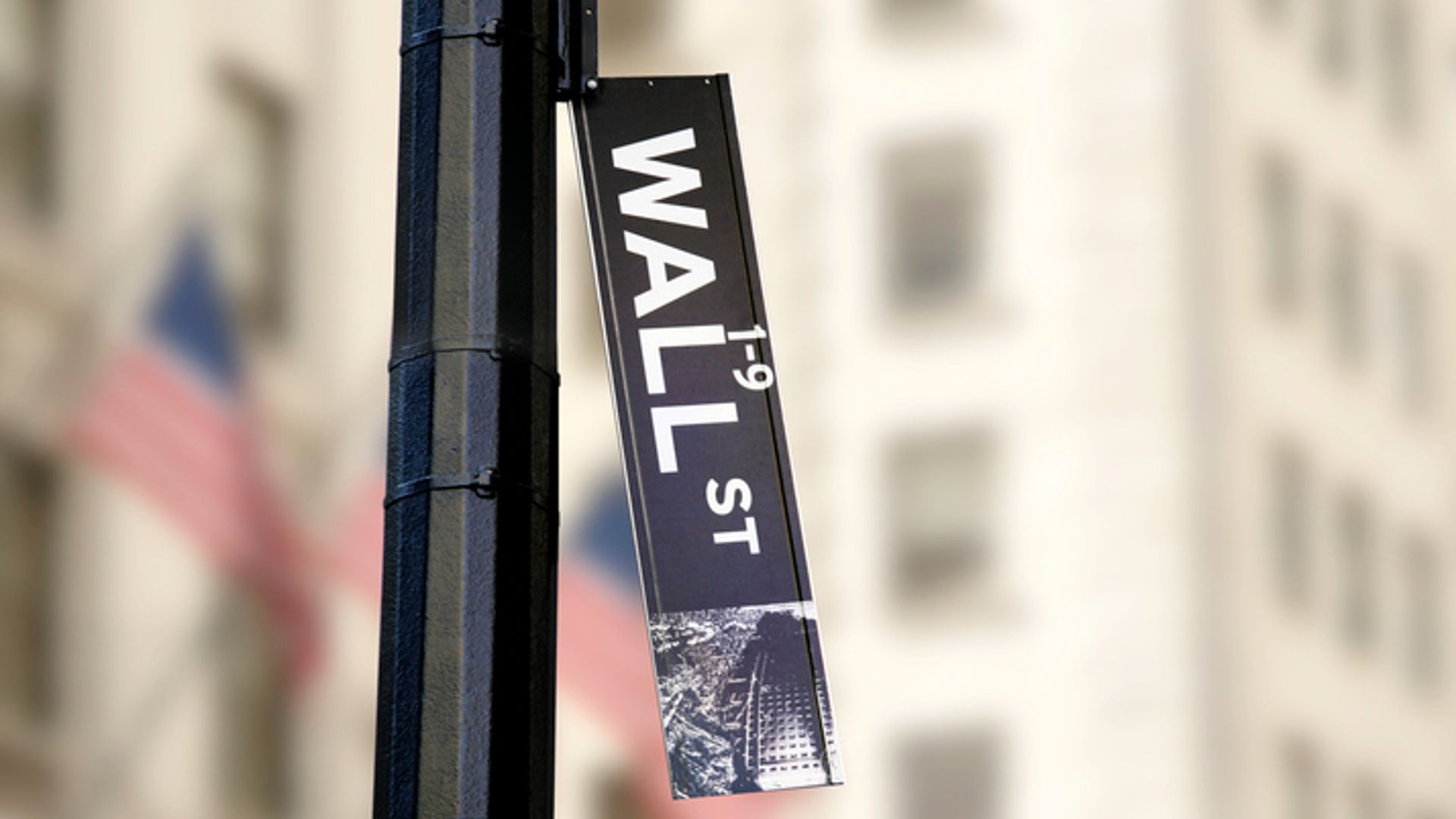
Good and Bad Investments for Getting Through a Bear Market
What's the best investment for a bear market? Is it U.S. Treasury bonds? Or perhaps gold or gold funds? How about classically defensive plays including utilities, consumer staples companies and healthcare companies? Or perhaps the highest-growth stocks with the broadest following?
When stocks are in free fall and worries about the economy abound, there's nothing more soothing than the full faith and credit of the U.S. government. And a "flight to quality" often leads to gains in U.S. Treasury bonds. In 2008, the Bloomberg Barclays US Aggregate Bond Index – a broad-based, high-quality fixed-income benchmark – gained 5%, making it the only U.S. financial asset in the black that year.
Defensive stocks will lose ground in a bear market, but tend to lose less than average, supported by steady demand for their products and, often, generous dividends. Gold, which Kiplinger recommends as a portfolio diversifier only in small amounts, often zigs upward when stocks zag downward.
As for the worst place to hide out in a bear market, it's the highest-growth stocks with the broadest following. Indeed, these stocks can be among the worst performers in a bear market if their popularity led them to have outsized gains before everything collapsed. The higher they fly, the harder they fall.

Anne Kates Smith brings Wall Street to Main Street, with decades of experience covering investments and personal finance for real people trying to navigate fast-changing markets, preserve financial security or plan for the future. She oversees the magazine's investing coverage, authors Kiplinger’s biannual stock-market outlooks and writes the "Your Mind and Your Money" column, a take on behavioral finance and how investors can get out of their own way. Smith began her journalism career as a writer and columnist for USA Today. Prior to joining Kiplinger, she was a senior editor at U.S. News & World Report and a contributing columnist for TheStreet. Smith is a graduate of St. John's College in Annapolis, Md., the third-oldest college in America.
-
-
 Longevity: The Retirement Problem No One Is Discussing
Longevity: The Retirement Problem No One Is DiscussingMany people saving for retirement fail to take into account how living longer will affect how much they’ll need once they stop working. What should they do?
By Brian Skrobonja, Chartered Financial Consultant (ChFC®) • Published
-
 Capital Gains Taxes Trap: How to Avoid Mutual Fund Tax Bombs
Capital Gains Taxes Trap: How to Avoid Mutual Fund Tax BombsIt’s bad enough when your mutual fund’s assets lose value, but owing unexpected capital gains taxes after those losses is doubly frustrating.
By Samuel V. Gaeta, CFP® • Published
-
 How True Are These Investing Cliches?
How True Are These Investing Cliches?We examine how much faith you can put into these investing cliches.
By Kim Clark • Published
-
 International Stocks: Time to Explore Investments Abroad
International Stocks: Time to Explore Investments AbroadIt's time for American investors to pack up their stay-at-home strategy and go shopping abroad for international stocks.
By Nellie S. Huang • Published
-
 Stock Market Today: Markets Up Again as Bank, Energy Stocks Outperform
Stock Market Today: Markets Up Again as Bank, Energy Stocks OutperformThe major indexes closed higher for a second straight day ahead of tomorrow's highly anticipated Fed decision.
By Karee Venema • Published
-
 Investors Nearing Retirement Show Patience With Markets
Investors Nearing Retirement Show Patience With MarketsDespite last year’s upheaval, many investors are sticking with long-term plans and tightening their budgets instead of moving money out of stocks and bonds.
By Matthew Sommer, Ph.D. CFA® • Published
-
 Stock Market Today: Stocks Fall After First Republic Bank Suspends Dividend
Stock Market Today: Stocks Fall After First Republic Bank Suspends DividendThe embattled lender's dividend cut was just the latest sign of instability in the banking industry.
By Karee Venema • Published
-
 Best Consumer Discretionary Stocks to Buy Now
Best Consumer Discretionary Stocks to Buy NowConsumer discretionary stocks have been challenging places to invest in, but these picks could overcome several sector headwinds.
By Will Ashworth • Published
-
 Stock Market Today: Stocks Rally on Credit Suisse, First Republic Bank Rescue News
Stock Market Today: Stocks Rally on Credit Suisse, First Republic Bank Rescue NewsReports that major U.S. banks would step in to help First Republic Bank helped stocks swing higher Thursday.
By Karee Venema • Published
-
 Stock Market Today: Stocks Struggle on Credit Suisse, First Republic Bank Concerns
Stock Market Today: Stocks Struggle on Credit Suisse, First Republic Bank ConcernsChaos in the financial sector stole the spotlight from this morning's inflation and retail sales updates.
By Karee Venema • Published





